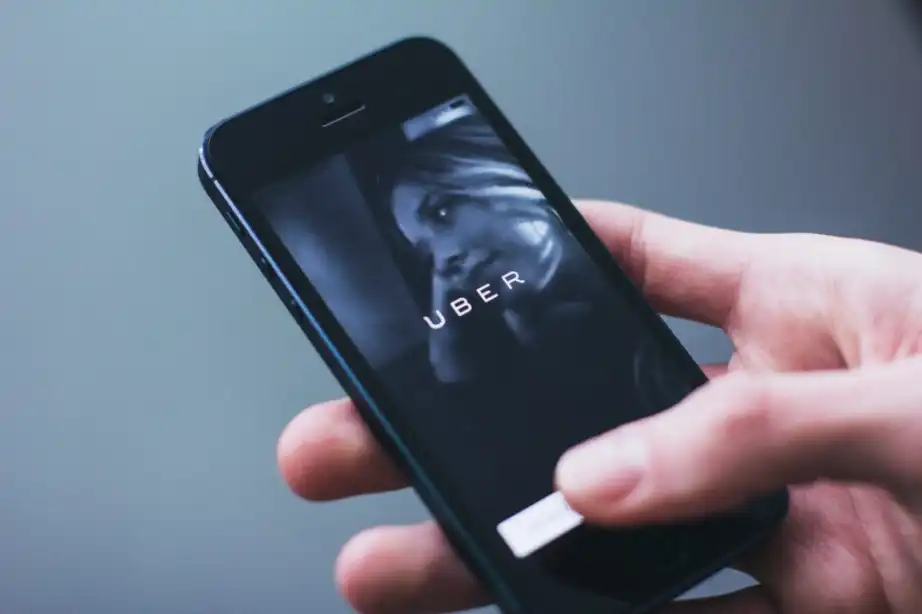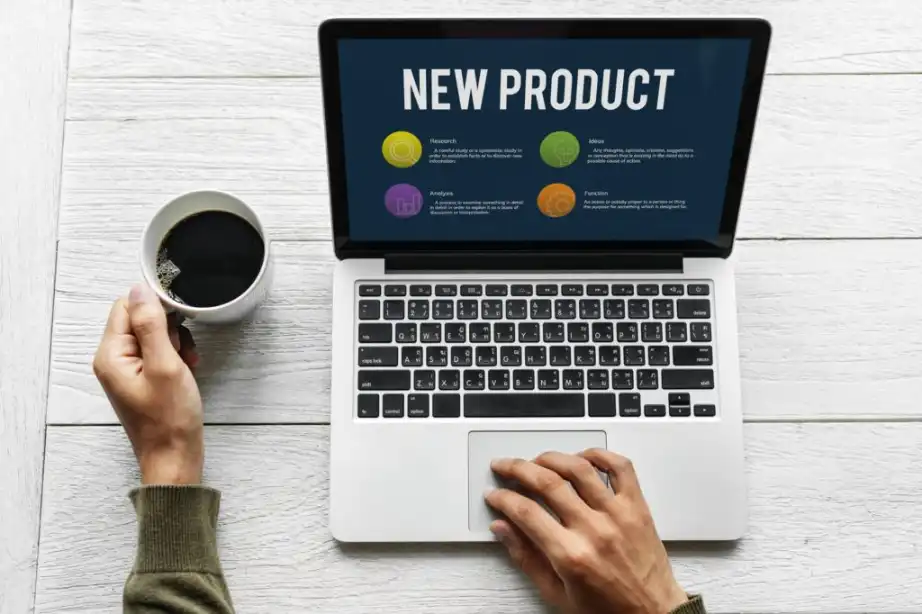New entrepreneurs face a much bigger challenge than those who started their own businesses 30 years ago.
The problem arises from the free competition market where the number of companies and, consequently, the number of products and services is constantly increasing.
With such competition, you can hardly assume that a niche will ensure long-term success. New players will soon appear who will pick up your idea, or some other company will offer an even better solution.
However, you can avoid the situation where your business turns out to be a complete flop. Thanks to the Minimum Viable Product (MVP).
A competitive market
I will explain the competitiveness problem using the example of Uber, which entered the market in 2009. Inexpensive rides using a mobile application were the first service of this kind. It is therefore not surprising that it gained global reach soon.
However, it is not common knowledge that since its founding, Uber has generated only losses each year. For example, from 2014 to 2019, its accumulated losses amounted to $12 billion.
Meanwhile, the company boasted growing revenues. But are there really reasons to be proud? $11.2 billion in 2018 was still a negative balance.
Uber's result would be much better if not for the obvious competition that entered the market over time. In the US alone, when you want to get from one point to another, you can choose from Uber, Lyft, Curb, mytaxi, Flywheel, Gett, and Easy Taxi, to name only a handful of the most popular ones. You can even rent an electric scooter.
That is the offer for the USA. While in China or India, the biggest piece of the cake is picked by Didi and Ola services, unknown in the US, and Uber remains in their shadow.

This leads us to the problem of product sales. And it doesn't matter whether it is a physical or digital product. According to the classical economy, supply and demand are at the same level; the goods and services are neither too many nor too few. Under this model, Uber would rule the market, and the customers would not have to choose between Uber and Lyft.
However, the current free market economy is quite different, and individual markets periodically suffer from oversupply.
MVP essential for business
But that doesn't mean that business planning is not possible. There are solutions available that can reduce the risk of failure. Let's consider the example of IBM. Some years ago, the IT giant pondered the introduction of voice-controlled systems.
The company conducted an experiment first, and its participants did not know that their commands were performed by a living human being and not a machine. And though the 'computer' recognized all commands, the volunteers were dissatisfied. They decided that they preferred keyboard and mouse-controlled operation. Thus, the company has been protected from an unsuccessful investment.

What IBM did refers to the term MVP (Minimum Viable Product), which is about validating a product that is not yet ready. If it turns out that the customers do not like it, you will not incur a higher cost and can focus on other solutions.
And if it turns out that your proposal bodes well, you can start the work fast. Even though it will not protect you against the competition that will appear sooner or later, it will significantly reduce the risk of failure. In the case of MVP, it is essential to put minimum effort and money at the stage of presenting the idea to the customers.
Zappos, an online store acquired by Amazon for $847 billion, also employed MVP. Its founder, Nick Swinmurn, photographed shoes in local stores and published the photos on his website with a sales offer.
When a customer added shoes to their cart, Swinmurn bought the goods in a shop and sent them. In this way, he checked whether his offer would attract any interest. And he did it before launching the entire sales machinery involving contracts with suppliers and others.
Software development companies offering Minimum Viable Products meet customer needs. They provide products with key functions. Even a demo version of a system allows the customers to get an idea of whether they are dealing with what they are looking for.
This is particularly important in the current flood of digital products, and products as such, when choosing from such abundance poses a challenge for everyone.
An idea for a digital product: the selection made easier
It is, therefore, not surprising that currently, websites and mobile or web applications that facilitate consumer choices enjoy great popularity. It is worth considering hitting this segment which has yet to be fully exploited.
Which apps are worth recommending? ShopWell - Better Food Choices is an application that allows you to scan a product's bar code to check how its ingredients affect your health.
ShopWell has over 400,000 products in its database. Furthermore, it is possible to indicate the ingredients that can be harmful and that you want to avoid, such as allergens, sugar, or corn syrup.
And let us not forget the huge success of the Polish startup DocPlanner (in Poland: ZnanyLekarz.pl), which allows you to verify physicians and book appointments. Globally, 85,000,000 patients visit DocPlanner websites monthly. It is an application for doctors and patients.
If you want to book a hotel or a room, Booking and Airbnb applications, currently competing, are helpful. Booking shows users also private apartments, while Airbnb includes hotel rooms. These are good examples of idea validation mentioned above.






